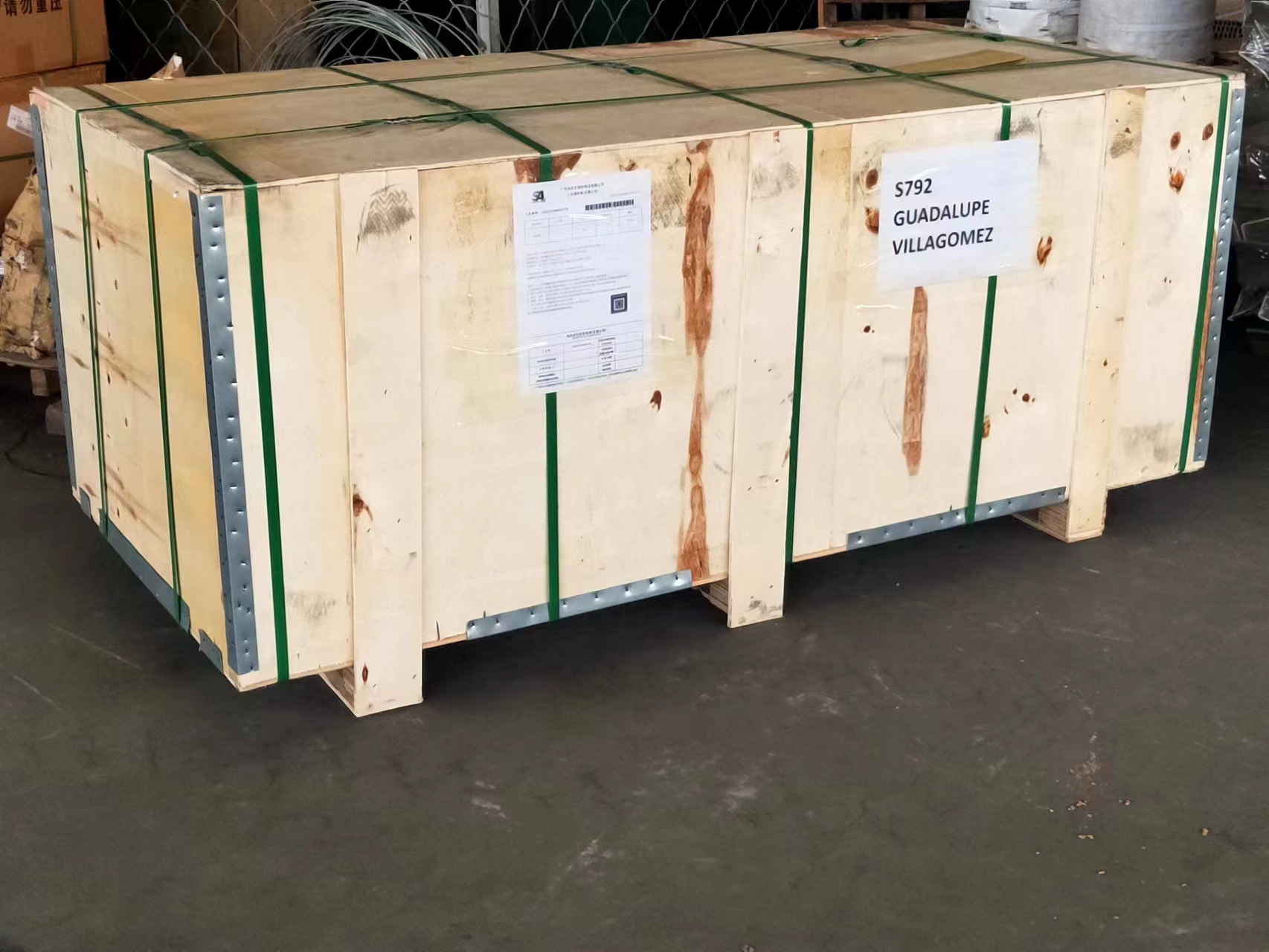Revolutionizing Poultry Farming with Innovative Plastic Cage Solutions for Enhanced Productivity
Oct . 15, 2024 07:43 Back to list
Revolutionizing Poultry Farming with Innovative Plastic Cage Solutions for Enhanced Productivity
The Benefits of Poultry Plastic Cages A Sustainable Solution for Modern Agriculture
In recent years, the poultry industry has witnessed significant advancements in technology and farming techniques aimed at enhancing efficiency and animal welfare. One such innovation that has gained prominence is the use of plastic cages for poultry. These structures, designed to house birds in a controlled environment, present numerous benefits that make them an attractive option for modern poultry farming. This article will explore the advantages of poultry plastic cages, including sustainability, hygiene, animal welfare, and operational efficiency.
Sustainability and Environmental Impact
One of the most pressing issues in agriculture today is sustainability. The poultry industry, like other agricultural sectors, faces challenges in minimizing its environmental footprint. Plastic cages offer a sustainable solution by utilizing recyclable materials that have a lower environmental impact compared to traditional cage systems made from metal. These plastic structures are durable and resistant to corrosion, which prolongs their lifespan and reduces the need for frequent replacements. Consequently, the use of plastic cages can lead to decreased waste generation and a more sustainable approach to poultry farming.
Hygiene and Disease Control
Another significant advantage of poultry plastic cages is their superior hygiene properties. Plastic cages are non-porous and smooth, making them easy to clean and disinfect. This feature is crucial in preventing the spread of diseases that can devastate poultry populations. Traditional wooden or metal cages often harbor pathogens in crevices and cracks, making thorough cleaning challenging. In contrast, the design of plastic cages allows for a more efficient cleaning process, reducing the risk of disease outbreaks and improving the overall health of the flock. Consequently, farmers can achieve better biosecurity measures, ensuring a healthier poultry operation.
poultry plastic cage

Improved Animal Welfare
Animal welfare is a central concern in the poultry industry, and the use of plastic cages can contribute positively to the well-being of birds. Unlike traditional cages, many plastic models are designed to provide more space and comfort for the animals. This can lead to reduced stress levels, which are known to affect the growth and productivity of poultry. Furthermore, advancements in cage design have allowed for better ventilation and temperature control, enabling a more comfortable living environment for the birds. By prioritizing animal welfare, farmers can enhance productivity and improve the quality of poultry products.
Operational Efficiency
Operational efficiency is vital for the success of any agricultural operation, and poultry plastic cages can play a significant role in achieving this. The lightweight nature of plastic allows for easier handling during installation and maintenance. Additionally, the uniform design of these cages ensures consistent space allocation for each bird, simplifying management tasks such as feeding, watering, and monitoring health. With automated systems increasingly integrated into poultry farming, plastic cages can easily accommodate such technologies, further enhancing operational efficiency. As a result, farmers can save time and labor costs while maximizing productivity.
Conclusion
In conclusion, poultry plastic cages represent a modern and sustainable solution in the poultry industry. Their environmental benefits, superior hygiene properties, positive impact on animal welfare, and enhanced operational efficiency make them an attractive option for farmers looking to improve their practices. As the agricultural landscape continues to evolve, the adoption of innovative solutions like plastic cages will be crucial in addressing challenges faced by the poultry sector. By embracing these advancements, farmers can ensure a more sustainable, efficient, and humane approach to poultry farming, ultimately benefiting both the industry and consumers alike. With the growing demand for ethical and sustainable agricultural practices, plastic cages could serve as a cornerstone of future poultry operations, paving the way for a more responsible and productive approach to raising birds for food.
-
Automatic Feeding Line System - Anping Yize | Efficiency&Durability
NewsJul.29,2025
-
Automatic Feeding Line System - Anping Yize|Poultry Efficiency&Durability
NewsJul.29,2025
-
Automatic Feeding Line System-Anping County Yize Metal Products Co., Ltd.|Durable PP Material&Easy Maintenance
NewsJul.29,2025
-
Automatic Feeding Line System-Pan Feeder Nipple Drinker|Anping County Yize Metal Products Co., Ltd.
NewsJul.29,2025
-
Hot Sale 24 & 18 Door Rabbit Cages - Premium Breeding Solutions
NewsJul.25,2025
-
Automatic Feeding Line System Pan Feeder Nipple Drinker - Anping County Yize Metal Products Co., Ltd.
NewsJul.21,2025






